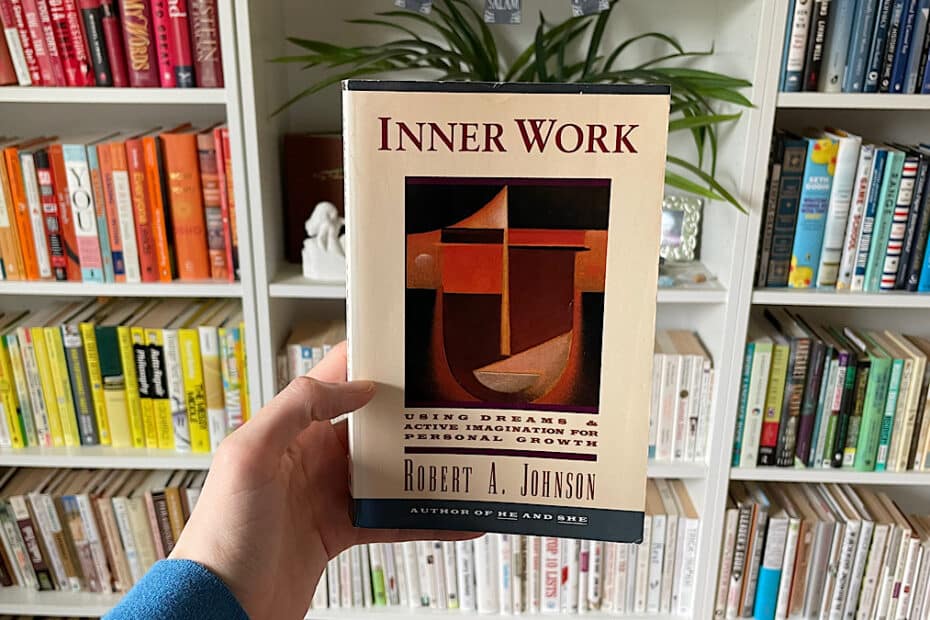37 Robert A. Johnson Quotes from Inner Work To Convince You Dreams Aren’t Arbitrary
Excerpt: Dreams are NOT arbitrary. Dreams are a primary means of communication. Not convinced? These 37 quotes from Inner Work should change your mind.
Read More »37 Robert A. Johnson Quotes from Inner Work To Convince You Dreams Aren’t Arbitrary
